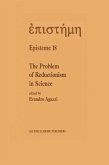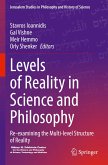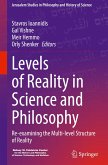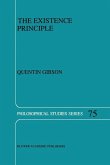
Broschiertes Buch
1st edition 2022
15. April 2023
Grantová Agentura Ceské Republiky / Springer / Springer International Publishing / Springer, Berlin
978-3-030-98150-1
| Gebundenes Buch | 106,99 € | |
| eBook, PDF | 73,95 € |

Gebundenes Buch
1st edition 2022
13. April 2022
Grantová Agentura Ceské Republiky / Springer / Springer International Publishing / Springer, Berlin
978-3-030-98147-1
106,99 €**
73,95 €
**Preis der gedruckten Ausgabe (Gebundenes Buch)
Sofort per Download lieferbar
VersandkostenfreieBook, PDF
12. April 2022
Springer Nature Switzerland
Ähnliche Artikel

Broschiertes Buch
God, Mind, World, and Logic
1st ed.
13. Januar 2015
Taylor & Francis
Y137379


Gebundenes Buch
2023
20. Mai 2023
Springer / Springer International Publishing / Springer, Berlin
978-3-031-30803-1


Broschiertes Buch
2023
21. Mai 2024
Springer / Springer International Publishing / Springer, Berlin
978-3-031-30806-2

Gebundenes Buch
(Colloquium of the Swiss Society of Logic and Philosophy of Science, Zürich, May 18¿19, 1990)
1991.
31. August 1991
Springer / Springer Netherlands
978-0-7923-1406-6

Broschiertes Buch
Re-examining the Multi-level Structure of Reality
1st edition 2022
10. Juni 2023
Hellenic Foundation for Research and Innovation / Springer / Springer International Publishing / Spr
978-3-030-99427-3

Gebundenes Buch
Re-examining the Multi-level Structure of Reality
1st edition 2022
9. Juni 2022
Hellenic Foundation for Research and Innovation / Springer / Springer International Publishing / Spr
978-3-030-99424-2

Broschiertes Buch
Softcover reprint of the original 1st ed. 1998
14. Oktober 2012
Springer / Springer Netherlands
978-94-010-6127-8
Ähnlichkeitssuche: Fact®Finder von OMIKRON
